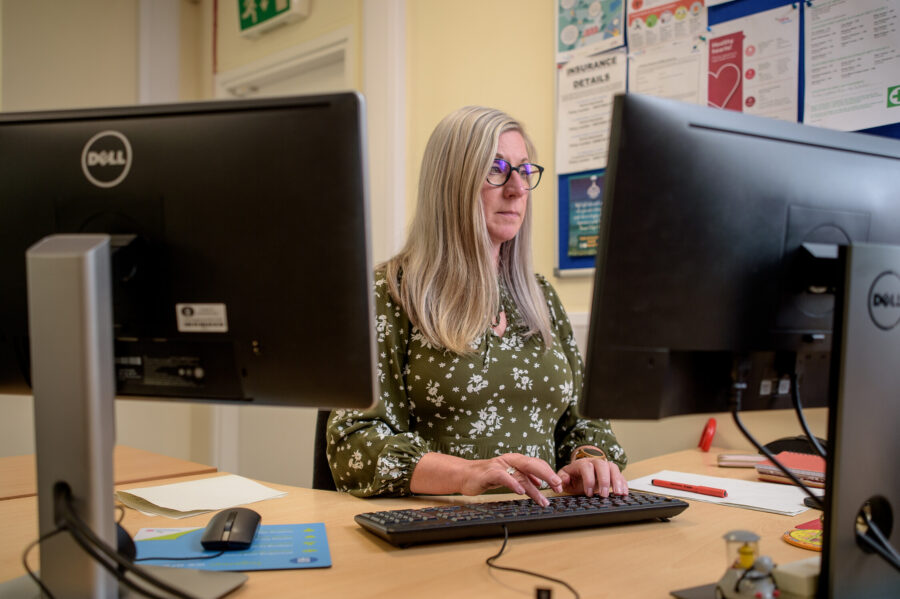
How many of you are called Emma? Apparently its the most popular name in HR!
How about your child? Would you like it to become a future CEO? Then do try naming it Peter or Deborah. If you would rather they become the future Olympians go for Ryan, Matt or Jessica.
That’s according to data taken from 100 million LinkedIn profiles. The site has released the most popular names for a variety of professions. Female engineers in the United States, for example, are very likely to be named Kiran, while “Thierry” is the most prevalent name in restaurant and food services worldwide. The question is, does your name really influence your future?
A name may not dictate the direction of your journey in life, but some research suggests that what we’re called can have long-lasting effects. Boys with names typically given to girls have higher rates of behavior problems in middle school, according to one study. It seems that the boys may be compensating in the face of teasing and insecurity about their names. Having a name associated with low socioeconomic status can influence how people treat you, as can the “race” of your name. In one 2003 experiment published by the National Bureau of Economic Research, resumes sent out under the more “white-sounding” names such as “Emily” and “Greg” got more 30 percent more callbacks than identical resumes sent out under names typically associated with African Americans, such as “Lakisha” and “Jamal.”
So, certain behavior links to the stereotypes associated with certain names, and this can be really problematic in the workplace where career prospects can be boosted or damaged by something completely out of one’s control. For example, the top 10 names for people working in HR were all female, whilst there are more men called John or David leading FTSE 100 companies than women altogether.
New research has supported this gender bias in career development, showing how individual names are likely to earn more money than others, with bias towards men. Ed was the name linked to the highest earning male, and Liz to the highest earning female – however, Liz was 318 th on the list. 60 per cent of men were found to be earning an average salary over £30,000 compared to just 13 per cent of women in this research.
Meanwhile, baby names reveal more about parents than ever before. Over the past decades, baby names have become more diverse as parents seek out “unique” monikers for their kids. The LinkedIn analysis is limited to members of the social networking site, but it turned up some odd correlations. For one, male CEOs in the United States are unusually likely to have four-letter names, such as “Jack” or “Fred.” Sales professionals in the U.S. also tend to have short names, including “Chip” and “Todd,” while engineers’ names are usually longer.
Study researcher Frank Nuessel, Professor of classical and modern languages at the University of Louisville, commented,
Typically hypocorisms, the shorter form of a given name, are used in intimate situations as a nickname or a term of endearment. It’s possible that sales professionals in the U.S. and male CEOs around the world use these shortened versions of their name as a way to be more approachable and accessible to potential clients.
Here, according to LinkedIn, are the top names for CEOs globally:
Top 10 Global Male CEO Names
1. Peter
2. Bob
3. Jack
4. Bruce
5. Fred
6. Bill
7. Ron
8. Christian
9. Alexander
10. Don
Top 10 Global Female CEO Names
1. Deborah
2. Sally
3. Debra
4. Cynthia
5. Carolyn
6. Pamela
7. Ann
8. Cheryl
9. Linda
10. Janet
While male CEOs tended toward the more casual monikers, female CEOs showed the opposite trend. Nuessel added,
Interestingly enough, female CEOs appear to prefer to use their full names and not nicknames, which could signify that they want to be taken more seriously and want co-workers to think of them in a more professional light.
Interested in diversity in the workplace? Join us at our Diversity & Inclusion Conference 2019







Strangely we named our son Deborah and it didn’t work for him.
What a load of rubbish.
Emma, HR Manager 😉
What codswallop.
Looking at what was, need not define what is to be.
Are you saying that a Yasmin or Abdullah has no chance?
Come on. Drag yourselves into the 21st century.
Or run the risk of peddling outdated stereotypes.
Mike
My husband’s named Peter, didn’t work for him, either. Agree with all the comments above. Clickbait!
However, I have noticed that if you say any of these names you don’t smile. My god-daughter Alex, was a serious little girl whilst her sister, Louise, was all smiles. You can’t say Alex and smile, you can’t say Louise without smiling. Alex is still serious and is an economist (now in her mid-20s) the other is a happy-go-lucky fashion stylist – everyone has always smiled when they spoke to her!!!
There’s a PhD in this somewhere.
I often used my nickname in the Military because it was a male nickname and I found that by using it, most of the guys treated me like one of the guys. That is exactly what I wanted. I was in a field that is often not taken seriously in the military and I wanted to make sure I was taken seriously. Granted, I still had to prove myself competent, but the nickname certainly didn’t hurt.